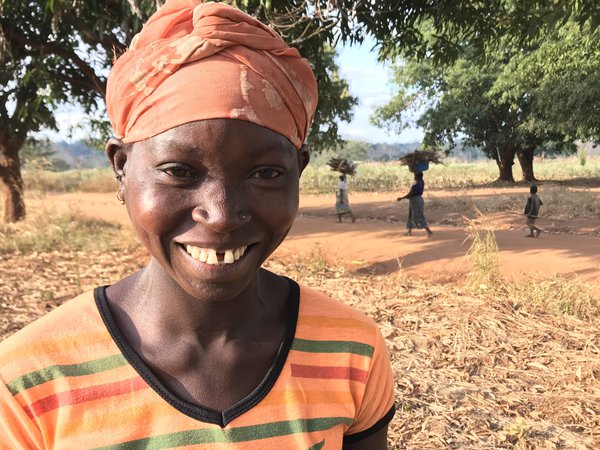Mozambique is a large but sparsely populated country of 29 million people, with a rapidly growing youthful population.
45 per cent of the population is younger than 15 years old. Natural disasters, disease, high population growth and unequal distribution of wealth all contribute towards the high poverty rate. The country is ranked 181 out of 189 on the UN’s 2019 Human Development Index, with two thirds of the population living in extreme poverty on less than US$1.90 per day.
Mozambique's birth rate is among the world’s highest, averaging around five children per woman. This is linked to gender inequality, including a lack of educational opportunities for women and early marriage and childbirth.
In 2021, there were 3,135 new cases of leprosy diagnosed in Mozambique. 284 of these cases were in children.
We work with The Leprosy Mission Mozambique, which works in the northern province of Cabo Delgado, a region with particularly high rates of poverty and leprosy. Our work there includes healthcare, supporting livelihood and community development, and advocacy.
Healthcare
Healthcare in Mozambique is extremely limited: more than half of Mozambicans must walk an hour or more to their nearest health facility. Most medical centres are basic and have few staff, who are often over-stretched and in need of training.
We work with The Leprosy Mission Mozambique, the Ministry of Health, and local disabled people’s organisations and leprosy-affected people’s organisations to improve healthcare. Staff are trained in leprosy, disease control and disability prevention. Our projects also train leprosy-affected communities to recognise the signs of leprosy, complete their treatment plans, look after their wounds and support each other in their journey to healing.
Improving lives
Leprosy is a disease that flourishes where extreme poverty is found. This is why we work to improve the living standards of people affected by leprosy. These activities include training people in climate-resilient livelihood options and supporting local savings groups.
Advocacy
We’re working to address the challenges, exclusion and stigma that people affected by leprosy and people with disabilities face in rural Mozambique. In partnership with a wide network of other local organisations, people are given human rights and disability rights education, and are supported to access benefits and other welfare.



